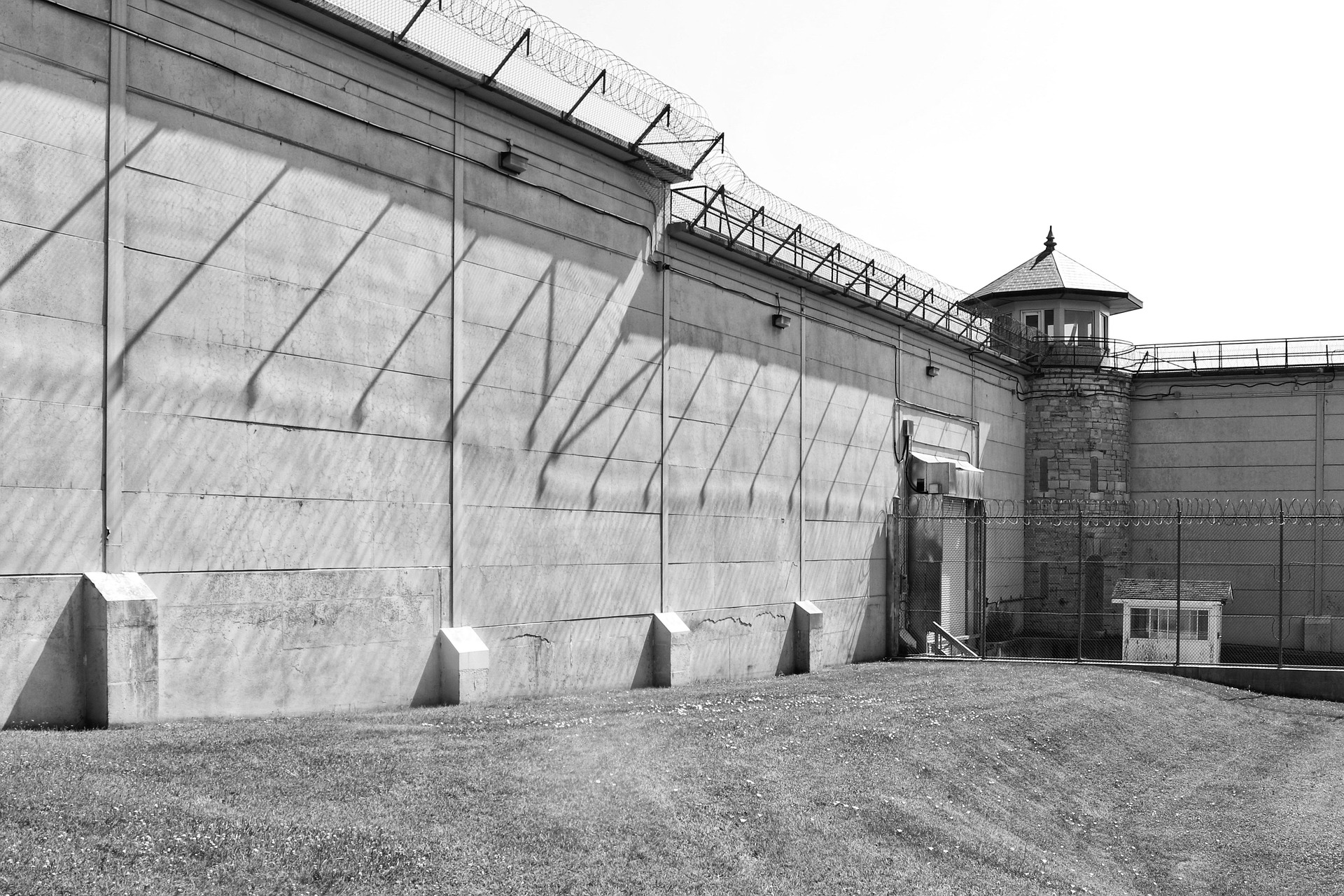Curbing Private Prisons: Potential Implications for Criminal Justice System
Legislation has recently been announced in the United States that seeks to terminate the use of private prisons. This decision has sparked significant discussion about the potential consequences on the criminal justice system.

A Brief History of Private Prisons
From their inception, private prisons have generated unique responses across the political spectrum. Originally established in the late 19th century, they expanded rapidly in the 1980s due to the increasing demand during the “war on drugs.” Initially marketed as a cost-effective alternative to traditional public prisons, these institutions were frequently criticized for numerous concerns, including questionable operating practices and questionable quality of inmate care.
Modern-Day Reality
Although private prisons were hoped to alleviate issues associated with overcrowding in publicly managed prisons, the results have often been muddied at best. Studies have shown a lack of consistent cost savings and frequently alarming prisoner treatment records, and some key legal cases have highlighted the potential for abuses in this system.
Legal Changes and Reactions
The recent decision to phase out private prisons has been celebrated by many as a significant step towards more humane and responsible corrections administration. However, the cost and logistical implications have also been hotly debated.
Impact on Society and Legal System
The elimination of private prisons brings several potential legal impacts. Reduced prison populations might lead to more intense scrutiny of sentencing and probation practices, possibly leading to amendments in laws regarding non-violent offenses or case-management approaches. Conversely, it may exacerbate overcrowding in public prisons, driving legal action related to living conditions and inmate rights.
The Way Forward
The change is expected to emphasize more on rehabilitation and diversion programs. Proactive lawmaking, together with diligent monitoring of the transition away from private prisons, can potentially guide the nation to a more equitable and effective criminal justice system.
In summary, the shifting landscape of American prison management reflects wider societal debates about crime, punishment, and the role of profit in public services. Regardless of the immediate implications, this issue showcases the enduring ability of law and policy to shape and reshape society.




